
MEDICARE-COVERED
Find out what’s free and low cost Vital health checks to have in your 50s + 60s



Find out what’s free and low cost Vital health checks to have in your 50s + 60s

Our body may creak and groan a little louder as we leave our 40s to enter our 50s.
That’s because it’s an important time for us to pay attention to our health and stop chronic conditions limiting our healthspan, mobility and enjoyment.
We’ve now reached the age when prevention, screening, checks and risk assessments pay off.
Citro asked health writer Sabrina RogersAnderson to dive in and find all the free and paid health checks Aussies should be taking to avoid any nasty diagnosis that could hold us back from making our best years better.
Enjoy.
Citro Editorial Director
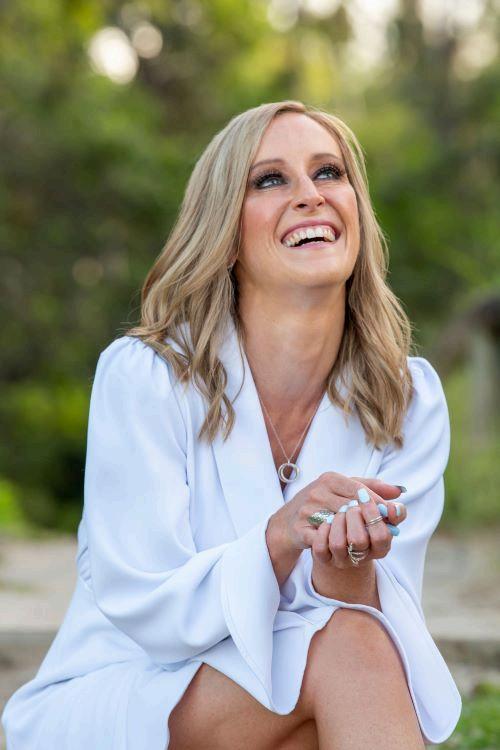
Citro health writer
I hope this guide empowers Australians in their 50s to take control of their health and improve their outcomes.
When I was younger, I'd hear people utter clichés like "Your health is your wealth" and roll my eyes so hard they almost fell out of my head. These days, I feel that saying deep in my core.
After fighting breast cancer with everything I had so I could watch my 3 beautiful daughters grow up, I know there isn't anything more valuable on this planet than having a healthy body and mind
I'd always taken care of myself, but I took a good hard look at my habits after I'd emerged from the fog of cancer treatment. I joined the gym (and became slightly addicted), tweaked my diet and gave up alcohol. I've never felt happier, healthier or stronger in my life
I also stay on top of every health check that's recommended for my age After all, I wouldn't be here today if I hadn't had a mammogram at the precocious age of 43 Doctors told me I didn't need to start getting them until I turned 47 - 10 years before my mum was diagnosed with breast cancer - but I followed my gut and saved my own life.
Health checks aren't as fun as lunch with your best mate or a round of golf. But most of them are over before you know it, and you can breathe a huge sigh of relief knowing you have a clear bill of health
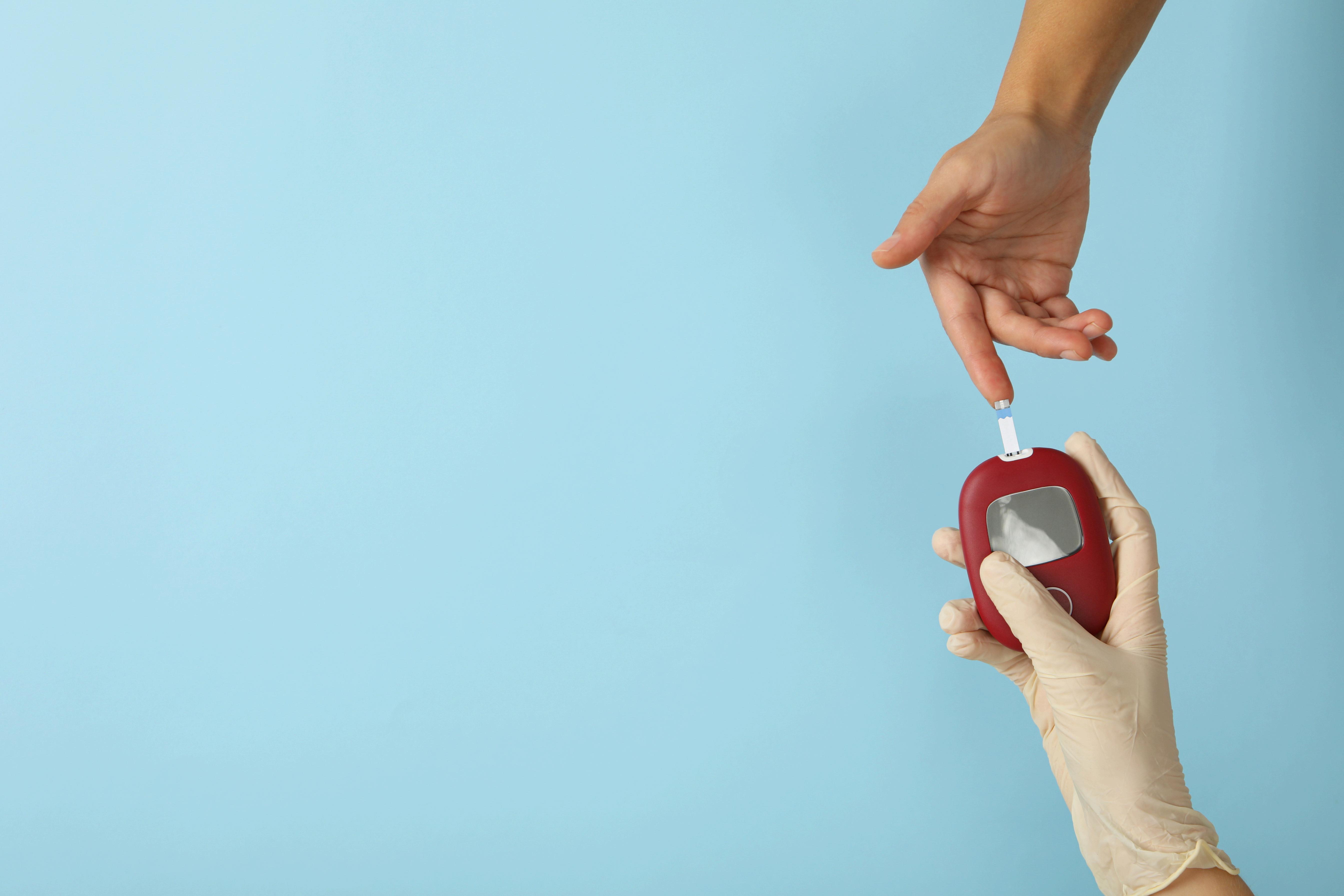
Find a bulk-billing GP to do your tests and checks –you should not have to pay a thing if you have a Medicare card.
Doctors are paid to do most checks, screenings and vaccinations through Medicare.
Of course, finding a bulk-billing GP can be like hunting for treasure in some areas of Australia.
Many large pharmacies now also offer free health checks and screenings - the next time you pick up a prescription, ask if yours does.
Fifty is the new fabulous, so tick these health checks off your to-do list and go live your best life.
Hearing check Usually
Every 3 years
Eye test Usually
Mammogram Every 2 years Usually
Cholesterol & lipids Usually Every 5 years
Every 5 years
Cervical screening Usually
Sexual health check
Kidney health check
Testicular cancer check
Prostate check
Did you know that chronic diseaseespecially diabetes and cardiovascular conditions - is responsible for 83% of all premature deaths in Australia.
Most of us want a long and healthy life where we maintain our independence, mobility and self-determination.
An ageing population challenges our publicly funded health and social welfare systems.
Finding a bulk-billing doctor and the freely available health checks and screenings recommended for Aussies isn’t easy - so Citro did something about it.
We put our best writers on the case to find out which health checks, vaccinations and screenings you can do for free, or at a low cost, to prevent chronic disease robbing you of precious healthy years

Citro also produces quality, evidence-based content on the lifestyle swaps you can make to improve your longevity.
Today, every country in the world is experiencing an explosion in the proportion of older people.
By 2030, 1 in 6 people across the globe will be aged older than 60 and living more actively thanks to better nutrition, sanitation and simple health checks.

While it might feel like spending time with your mother-in-law makes your blood pressure spike, high blood pressure often doesn’t have any symptoms. So it’s important to have it checked regularly.
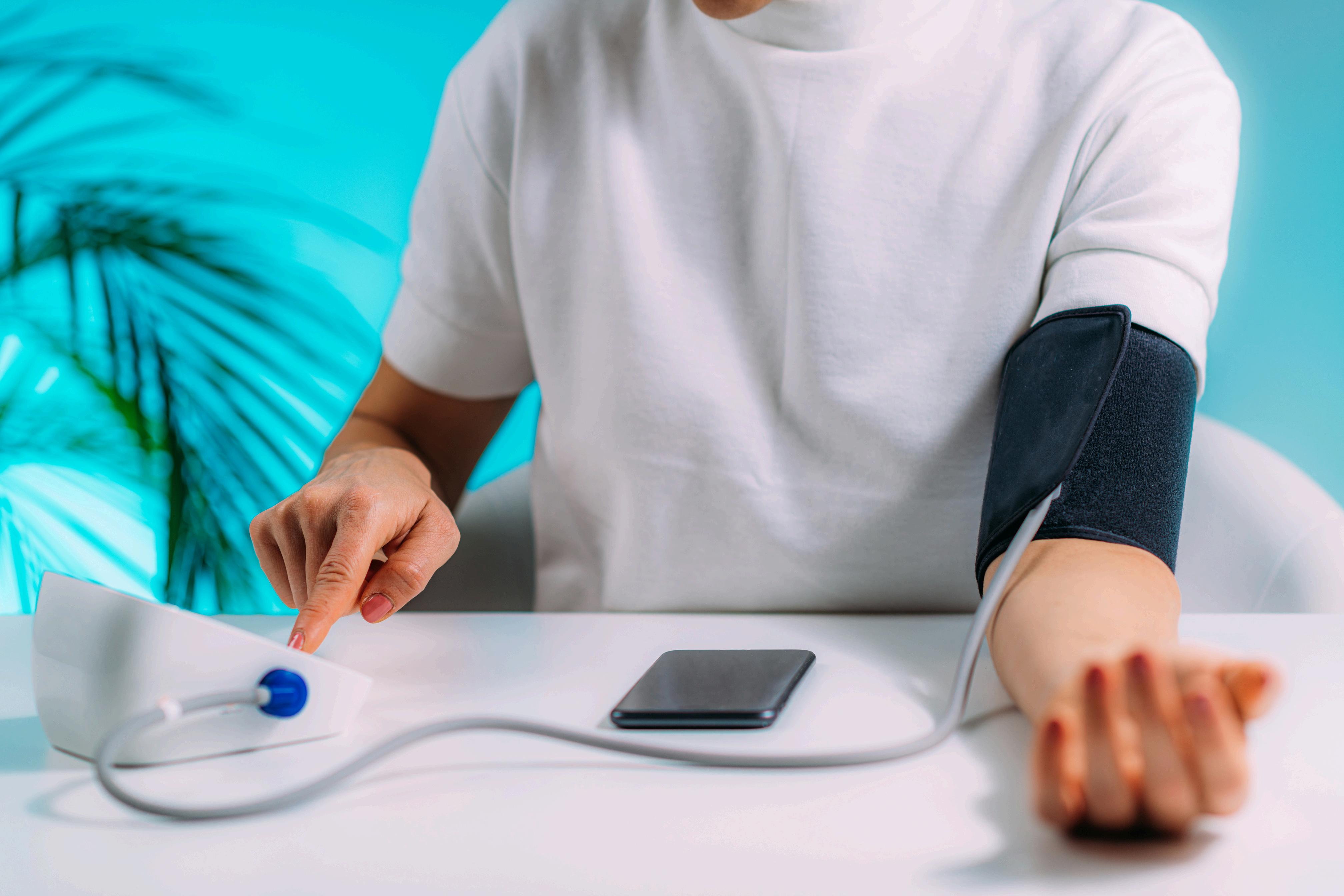
Why you shouldn’t put it off
High blood pressure can lead to heart disease, stroke, kidney disease and other conditions if it’s left unmanaged.
Who needs it?
Everyone aged 18 and over.
Many large pharmacies offer free blood pressure checks if you can’t get to the GP.
What is it?
Your GP can test your blood pressure during a routine visit using a blood pressure monitor and cuff.
How often?
At least every 2 years. If you ’ ve had high blood pressure readings in the past or you have a family history of heart attack or stroke, your doctor may want to check your blood pressure more often

Cholesterol isn’t evil - in fact, we need some of it to produce hormones and vitamin D. But levels of “bad” (LDL) cholesterol can creep up as the years tick by, so regular checks are needed.

Why you shouldn’t put it off
High cholesterol can lead to heart disease and stroke.
Who needs it?
People aged 45 and over, or 35 and over for Aboriginal and Torres Strait Islander people
What is it?
A cholesterol check is a simple blood test. You may need to fast overnight before having it, but this isn’t always necessary. Your GP will let you know
How often?
Every 5 years. If you have a family history of high cholesterol or other risk factors for cardiovascular disease, you may need to get tested more often.
About ¾ of the cholesterol in your body is made in the liver and a small amount may come from the food you eat.
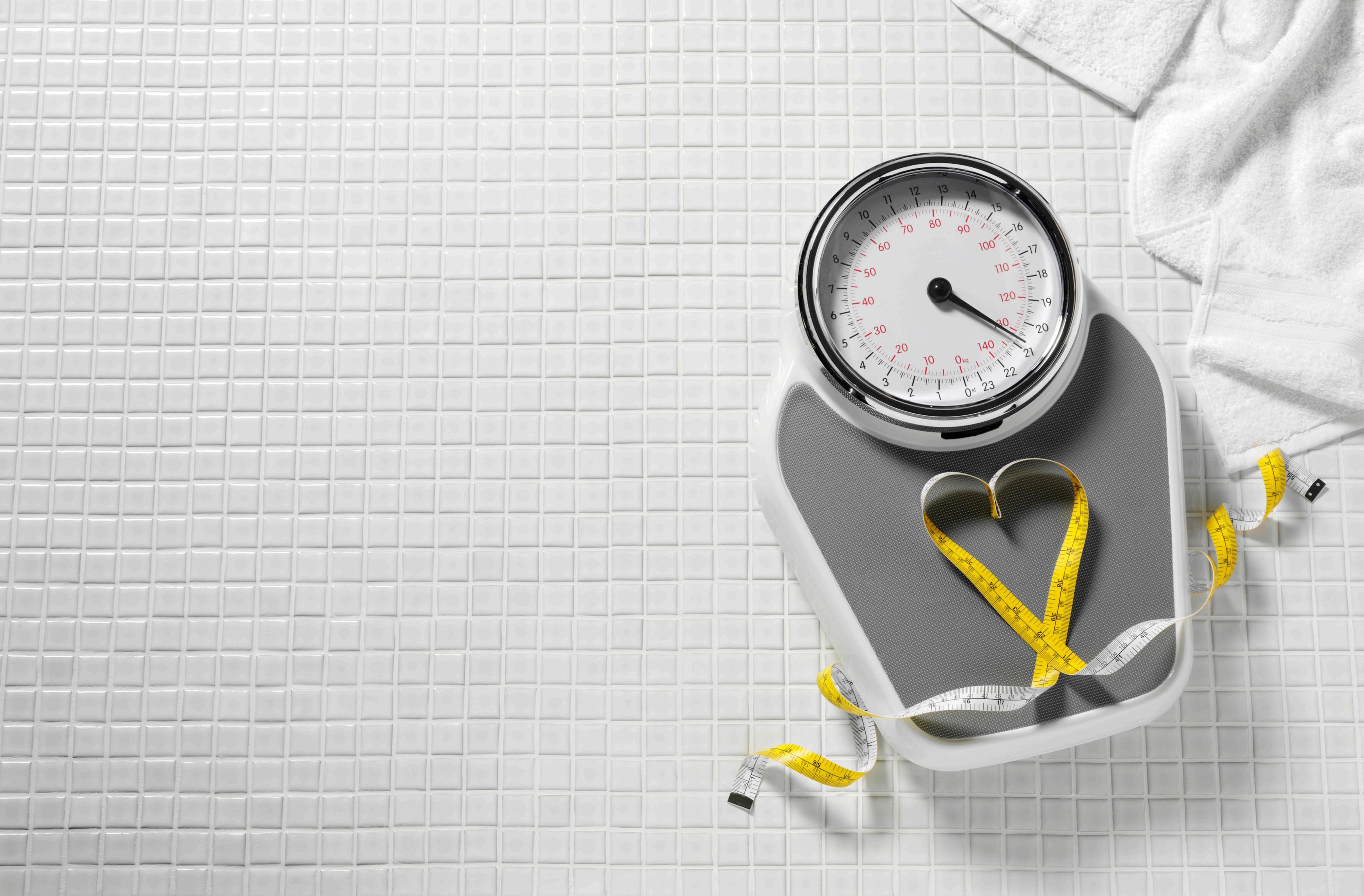
It’s no secret that being overweight or having too much belly fat increases your risk of several health conditions, including heart disease, stroke, type 2 diabetes and many cancers. Your GP can help you monitor your weight and suggest an action plan to reduce your risk.

Why you shouldn’t put it off
It’s never too late to add years to your life. The sooner you find out whether your body mass index (BMI) is too high, the sooner you can take steps to reduce it
Who needs it?
People aged 18 and over.
The Eat For Health website offers guidelines on how to reduce weight and improve health outcomes (without starving!). You can also do the CSIRO’s healthy diet quiz to see how your eating habits compare to the rest of the nation.
During a healthy weight check, your GP will measure your weight and height to determine your BMI. Because BMI doesn’t provide a complete picture of your health, your doctor may also measure your waist circumference to determine your amount of visceral (belly) fat.
Every 2 years if you ’ re at average risk of overweight or obesity or every year if you ’ re at higher risk.
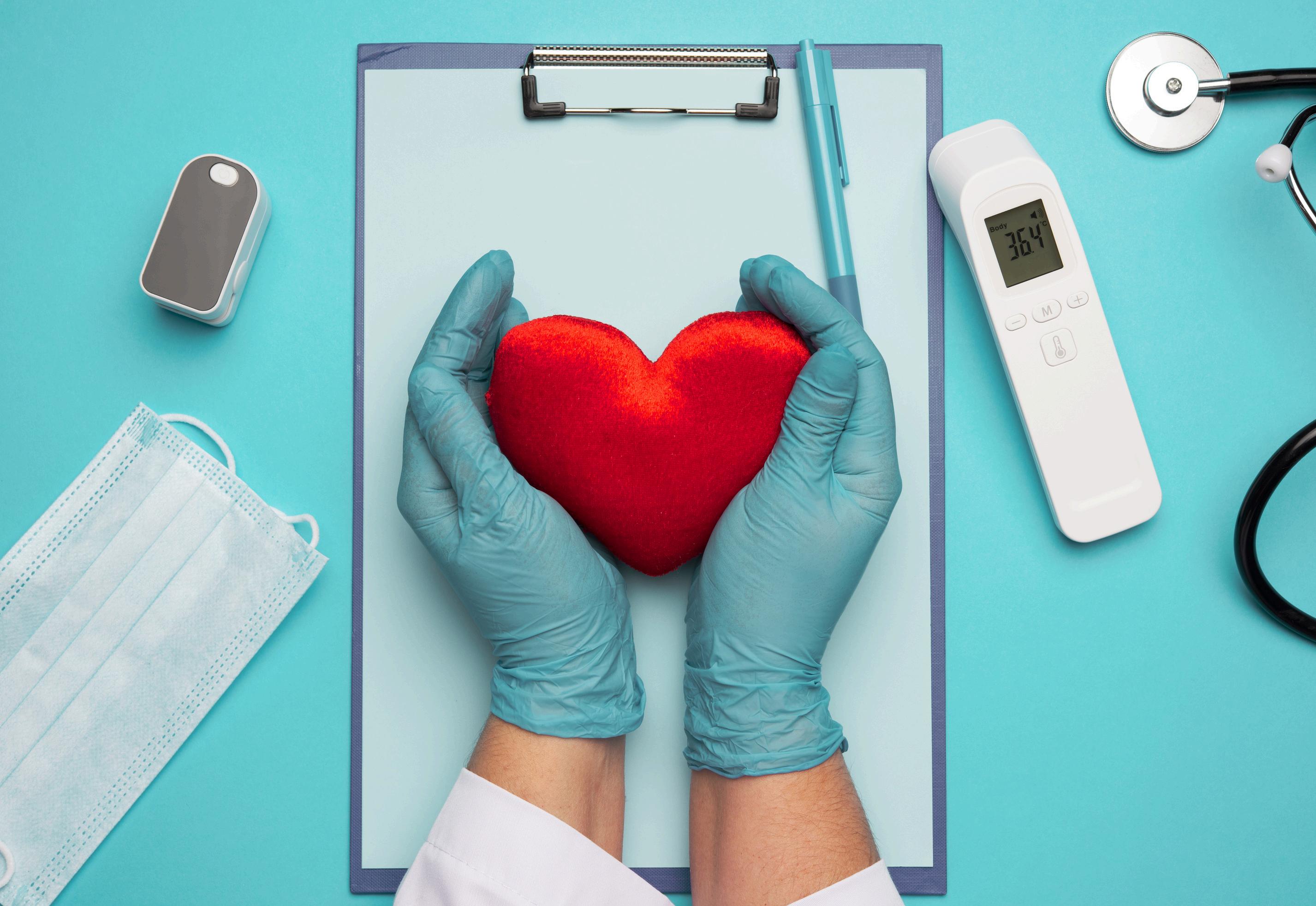
With 1.4 million Australians at risk of having a heart attack or stroke in the next 5 years, it’s worth booking a complete heart health check to make sure your ticker is in tip-top shape. If necessary, your GP can help you make positive lifestyle changes to improve your heart health.
Covered by Medicare?

Why you shouldn’t put it off
You’ll need a healthy heart to enjoy your retirement. And here’s an extra tip: Covid-19 can cause cardiovascular issues including heart attack, stroke and heart failure Getting vaccinated will help protect your heart
Who needs it?
Everyone in their 50s, though some are calling for everyone over 45 to get checked.
Citro tip
The term “heart disease” refers to a group of conditions, some of which can be controlled with a healthy lifestyle and others you can’t control at all
What is it?
During your 20-minute heart health check, your GP will ask you about your family health history and any lifestyle factors (such as smoking) that could put you at risk of heart disease They’ll also check your blood pressure and cholesterol, and they might perform other tests.
How often?
Every 2 years if you ’ re at low risk of heart disease or more often if you ’ re at medium to high risk. Your GP will let you know.
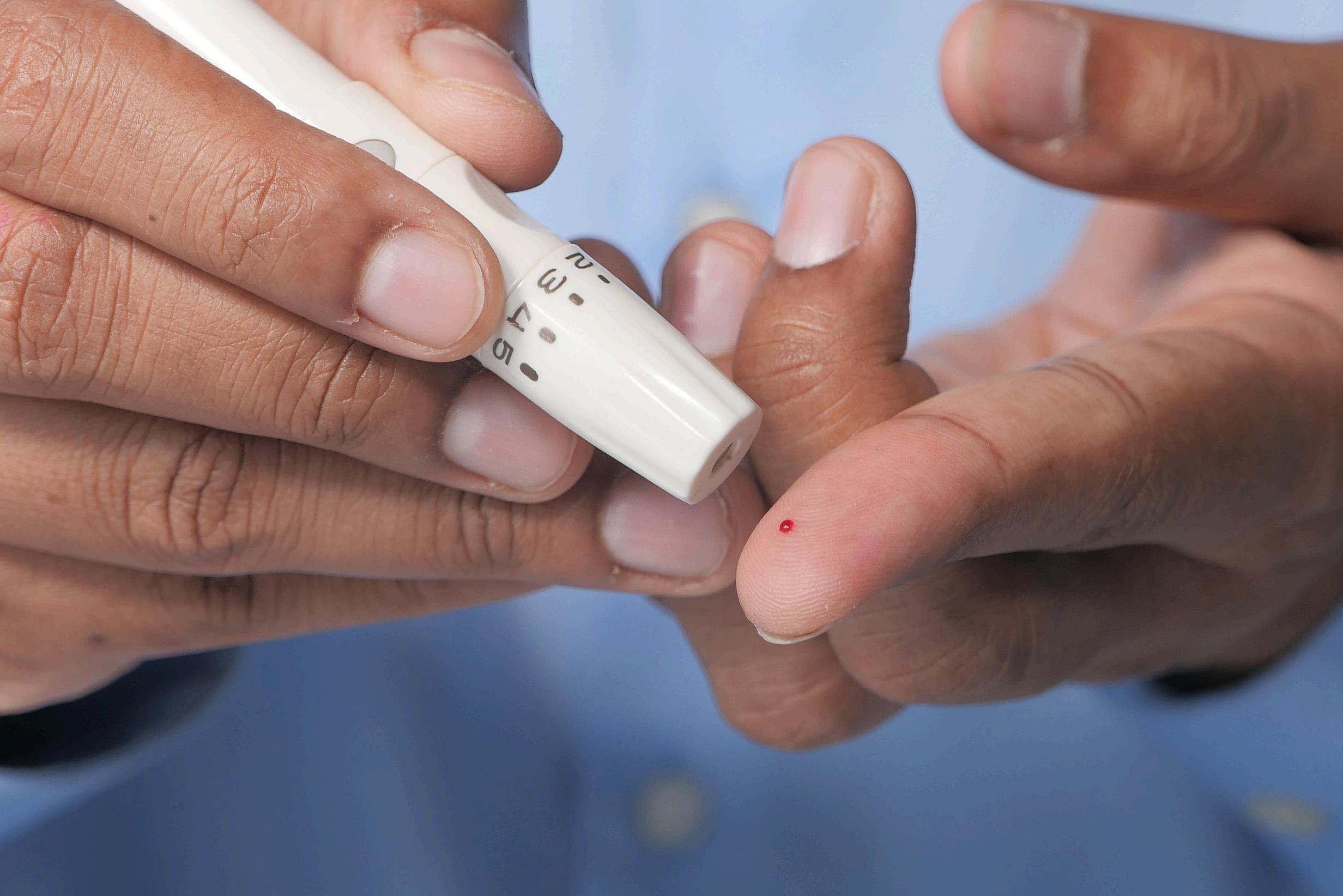
Type 2 diabetes is the type you aren’t born with and is often caused by being overweight, a lack of exercise and a poor diet. It happens when the body stops producing enough insulin, a hormone that controls blood sugar, and levels of sugar in the blood are too high.
Covered by Medicare?

Hassle Rating 1/10
Why you shouldn’t put it off
Appropriately treating type 2 diabetes can prevent long-term complications including heart disease, stroke, kidney disease, and eye, foot and nerve problems
Who needs it?
Everyone in their 50s should take the AUSDRISK questionnaire and get tested if their score is high.
Citro tip
Over time, type 2 diabetes causes serious damage to nerves and blood vessels. Early detection and treatment can increase your lifespan.
What is it?
To figure out whether you ’ re at risk of developing type 2 diabetes in the next 5 years, fill out the Australian type 2 diabetes risk assessment tool (AUSDRISK) on your own or with the help of your GP If you get a high score, your doctor will test your blood sugar levels and it’s usually covered by Medicare.
How often?
Every 1 to 3 years depending on your risk factors. You can fill out the AUSDRISK online in a matter of minutes as often as you like

Time to get those eyes tested! Your risk of eye diseases including age-related macular degeneration (AMD), cataracts and glaucoma increases in your 50s, so you should have regular eye checks with an optometrist.
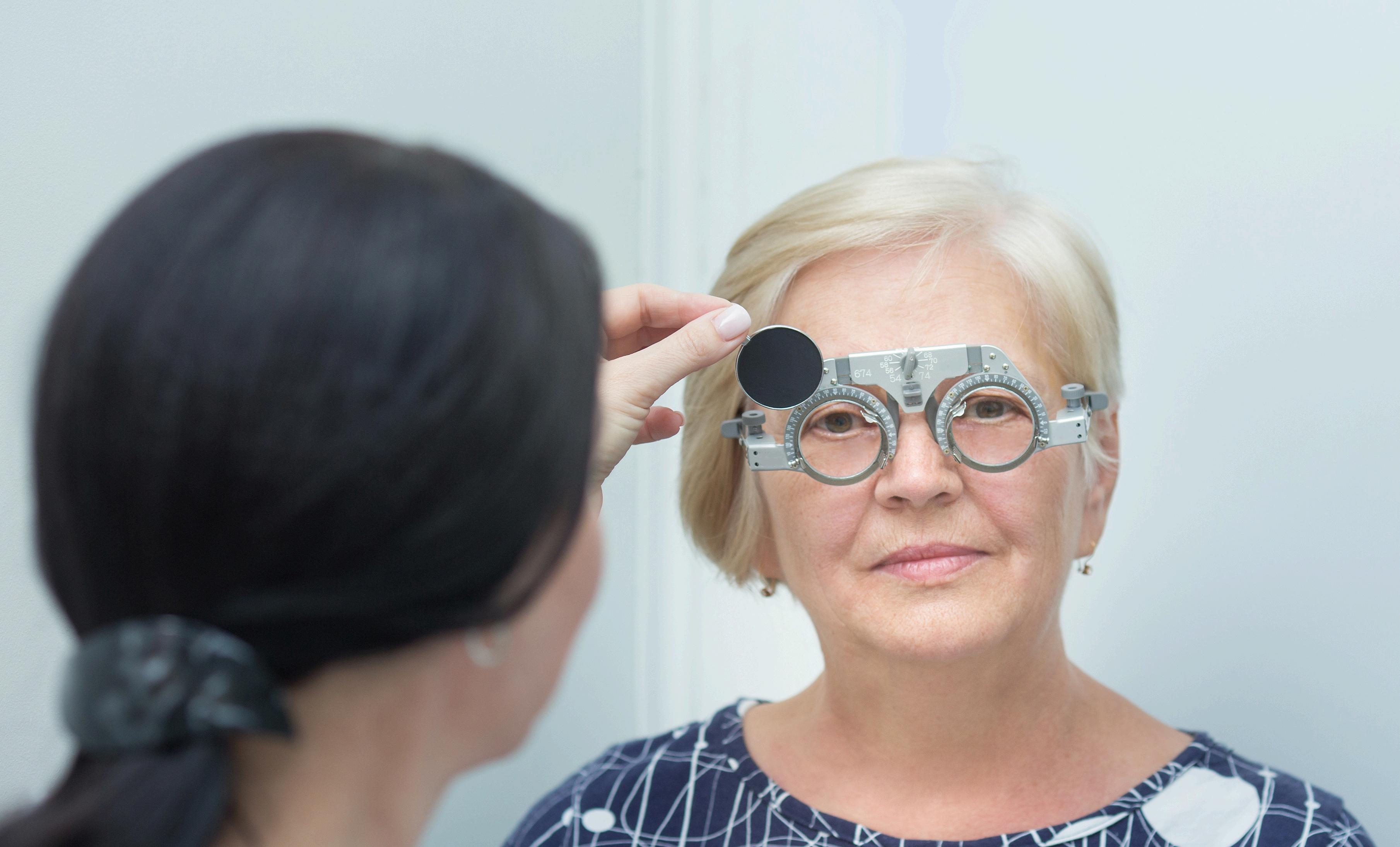
Why you shouldn’t put it off
Eye diseases can lead to blindness if left untreated.
Who needs it?
Everyone over 40 should have regular eye tests.
It is estimated that over 13 million Australians have one or more chronic eye conditions, ranging from long-sightedness to presbyopia and macular degeneration.
What is it?
Your optometrist will start by asking you about your health and family history. Then, they’ll measure how well you can see at different distances, how well you see colour, how your eyes react to light and movement, and the pressure inside your eyes.
How often?
Every 3 years, or more often if you have risk factors including a family history of eye disease, diabetes or high blood pressure Medicare will cover 1 eye test every 3 years if you ’ re under 65.
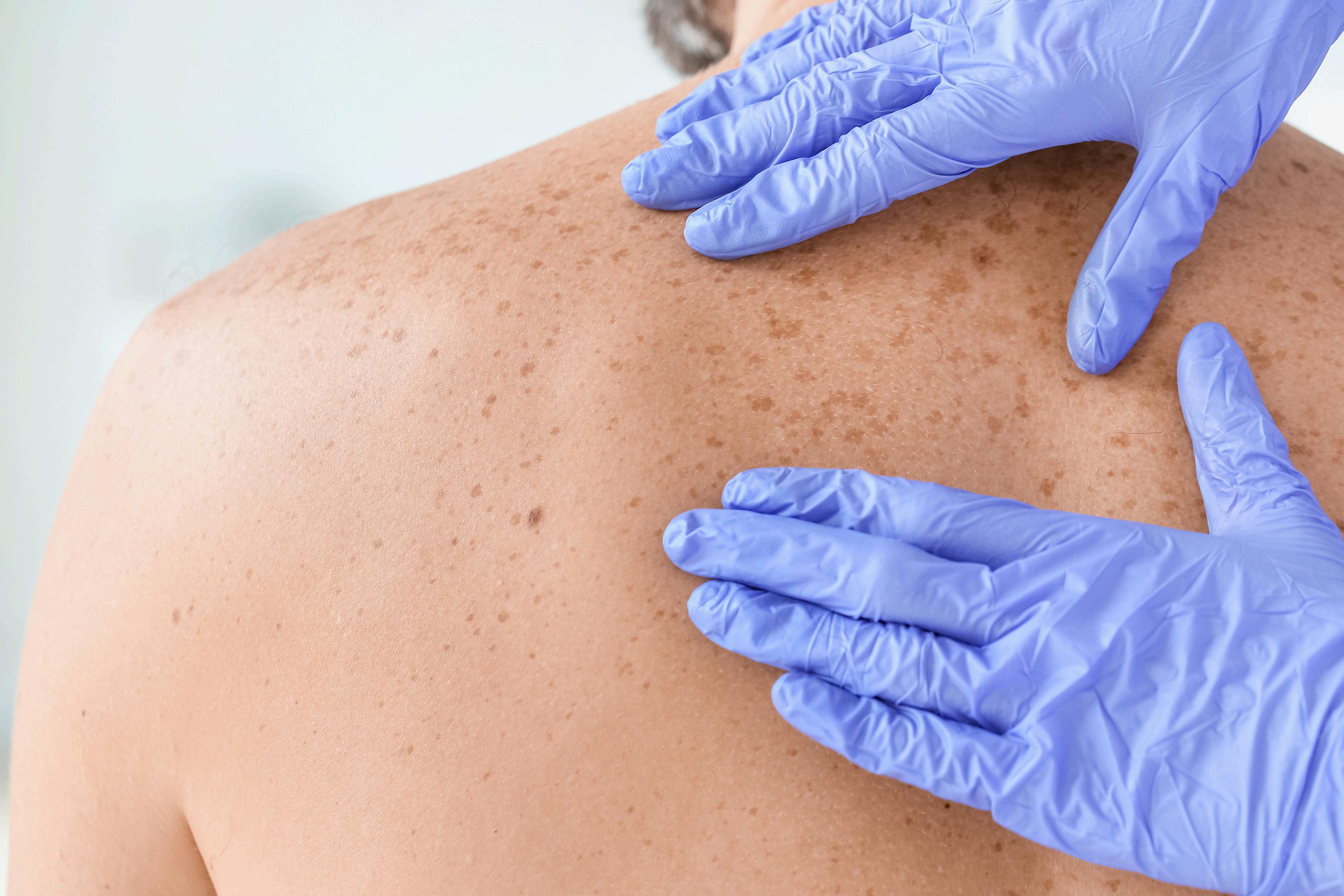
When it comes to the harmful effects of the sun, many Aussies have a “she’ll be right” attitude. But the truth is Australia has one of the highest rates of skin cancer in the world with 2 in 3 Aussies diagnosed by age 70.

Why you shouldn’t put it off
Early detection through regular skin checks greatly improves outcomes and survival rates.
Who needs it?
Everyone should self-examine A great way to monitor any changes is to have someone take a photo of you in your underwear every few months. If you notice any changes, get a skin check People at high risk of skin cancer, including those with a family history, fair skin, several moles or a history of sunburns, should get skin checks every 6 to 12 months.
Your doctor will determine your risk of skin cancer and examine your skin with a handheld magnifying instrument. If they find a spot that looks suspicious, they may remove it or take a biopsy (skin sample) to be tested in a laboratory. They should receive the test results in 1 to 2 weeks and advise whether you need further treatment.
When you notice changes in your skin or every 6 to 12 months if you ’ re at high risk

We tend to get thicker as we age, so it’s a bit insulting that our bone density does the opposite. Women are particularly at risk and can lose up to 10% of their bone density in the first 5 years following menopause. This can lead to osteoporosis, a condition in which bones weaken and can fracture more easily.
Covered by Medicare?
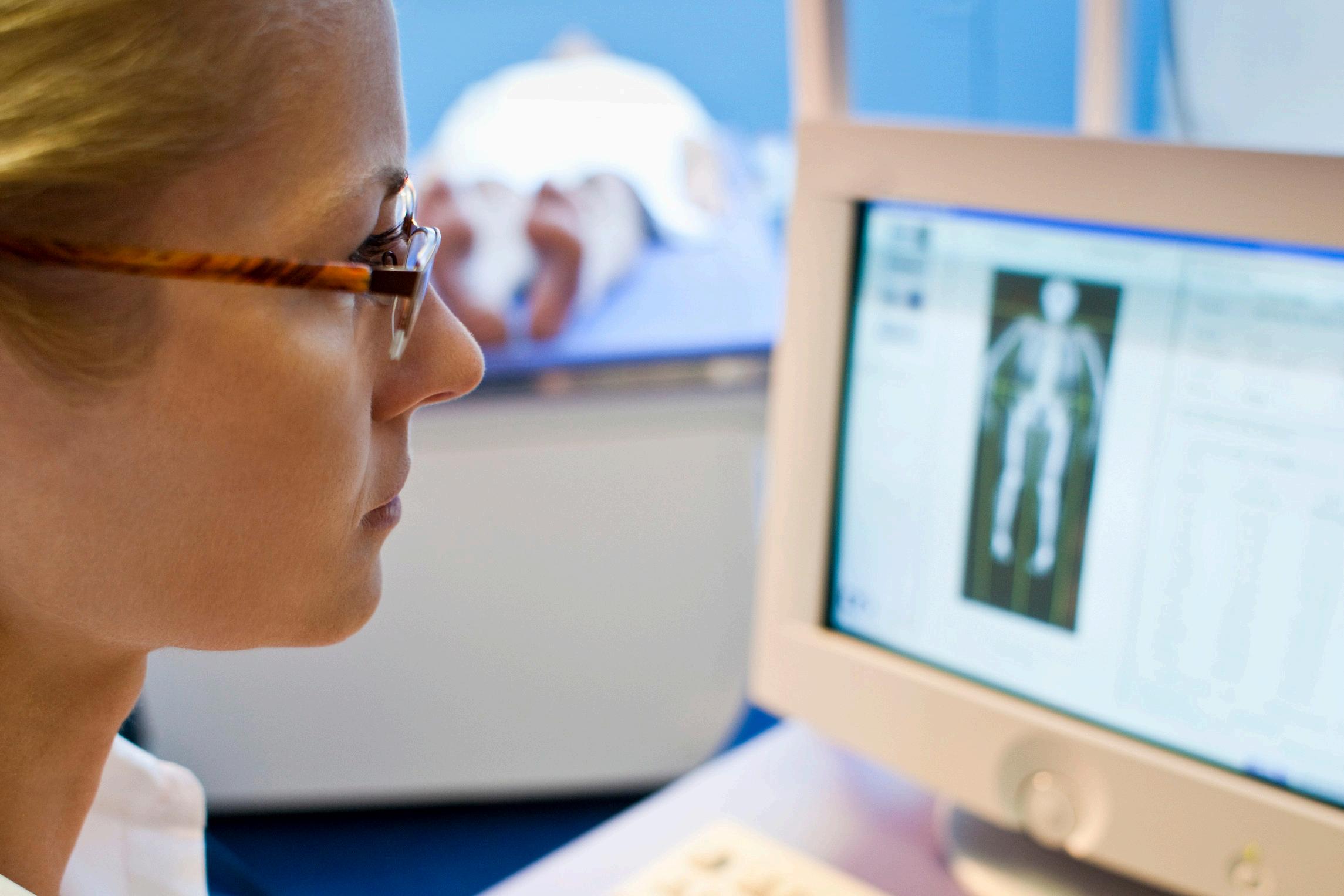
Hassle Rating 4/10
Why you shouldn’t put it off
You could avoid gnarly fractures.
Who needs it?
People who have diagnosed osteoporosis or risk factors for osteoporosis, including women with early menopause, men with low testosterone, previous fractures from minor incidents, corticosteroid use, and chronic conditions including coeliac disease, thyroid conditions, rheumatoid arthritis, and liver or kidney disease. Medicare will cover your bone density scan if you meet these criteria, but otherwise you’ll have to pay out of pocket. To find out if you ’ re at risk, take this quick online assessment or talk to your GP
is it?
Bone density is measured with a special Xray known as a DXA scan. It requires you to lie on a table fully clothed and takes about 15 minutes to complete. The results will indicate whether you have normal bone density, osteopenia (some bone loss) or osteoporosis (significant bone loss).
often?
Testing frequency depends on previous scan results, so talk to your doctor
The Arthritis Foundation says 1.2m Australians have osteoporosis, which results in a bone fracture every 5-6 minutes in this country

You probably don’t give much thought to your kidneys, but approximately 1 in 10 Australians has chronic kidney disease and Aboriginal and Torres Strait Islander people are twice as likely to get it.
Covered by Medicare? Hassle Rating 8/10
Why you shouldn’t put it off
It’s known as a silent disease because there are often no symptoms.
People who have one or several risk factors for kidney disease, including diabetes, high blood pressure, obesity, heart problems and being a smoker. Aboriginal and Torres Strait Islander people are also at increased risk. Talk to your doctor or take this two-minute online quiz to help you figure out whether you should get tested and how often
Your doc will perform a series of tests, including a blood pressure check, a urine test, a blood test and sometimes an ultrasound or CT scan Medicare should cover most of the cost, but ask your doctor about any out-of-pocket costs beforehand.
How often?
Every 1 to 3 years depending on your level of risk and results.
Chronic kidney disease often accompanies cardiovascular disease and diabetes, with its prevalence increasing with age. It affects around 44% of people aged 75 and older.
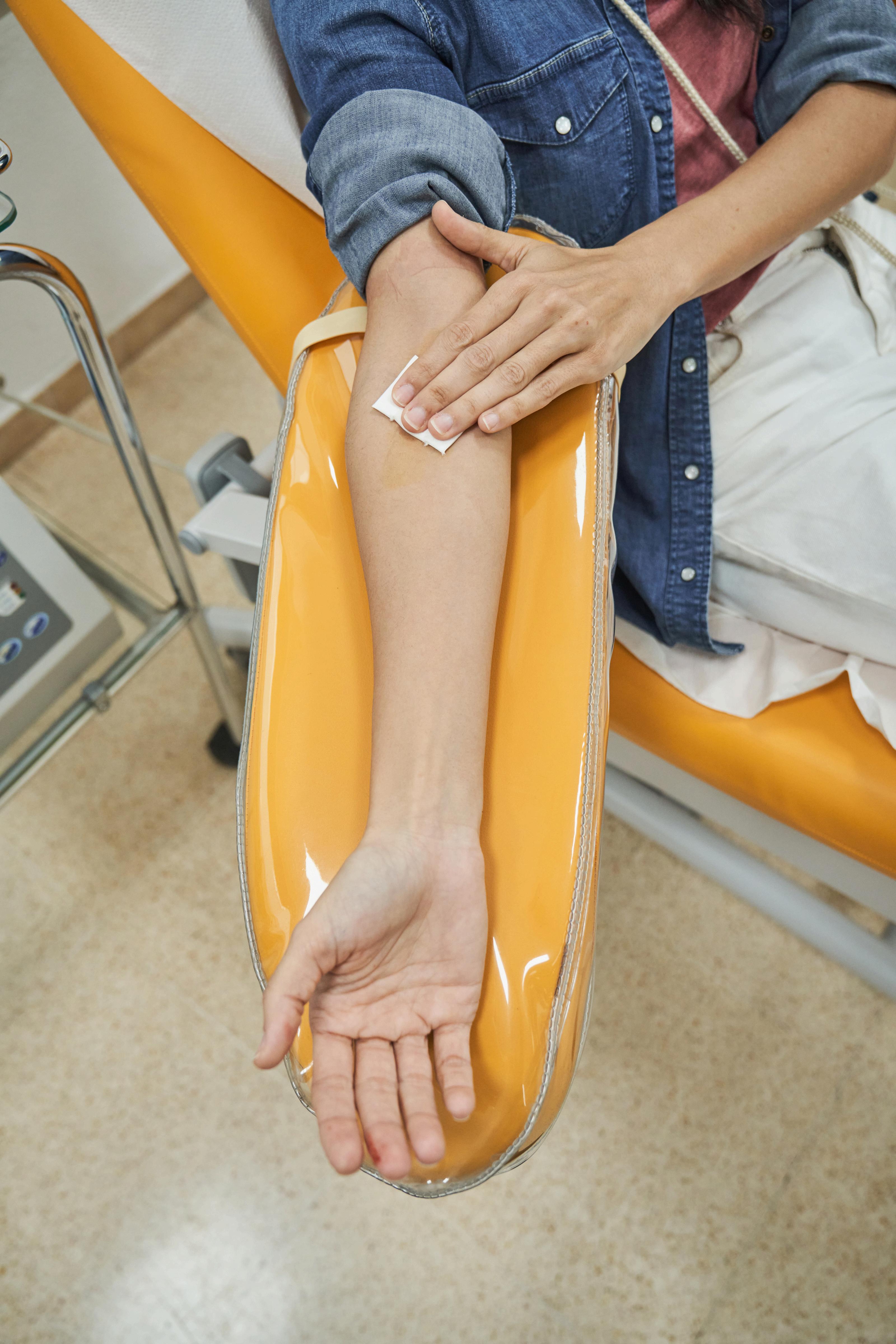
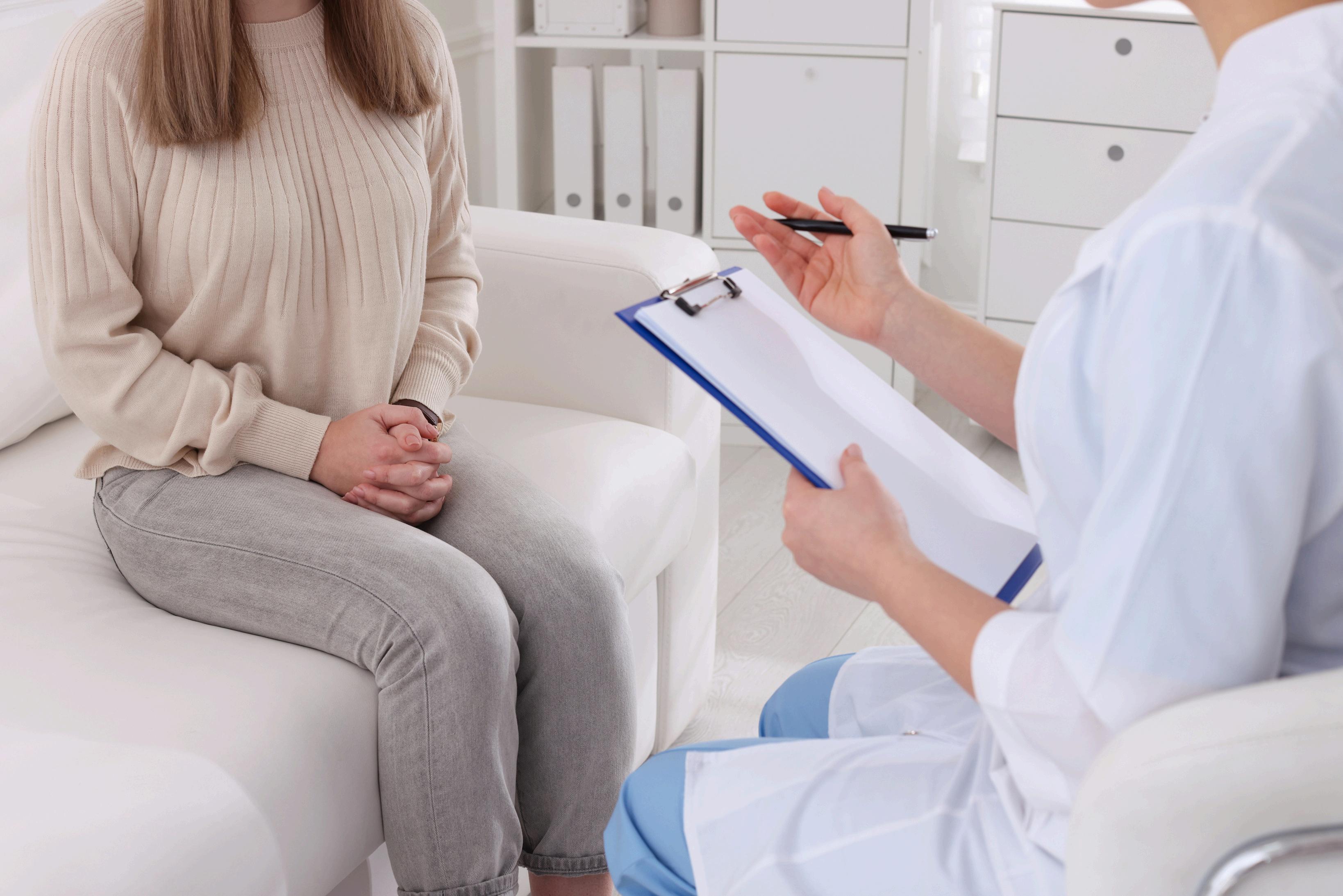
If you ’ re sexually active, no matter what your age, there’s a chance you could contract an STI. Common STIs include chlamydia, gonorrhoea, syphilis, genital herpes, hepatitis B and HIV.
Covered by Medicare?

Hassle Rating 7/10
Syphilis led to Al Capone’s demise. Don’t be like Al Capone. Why you shouldn’t put it off
Anyone who has unprotected sex can get an STI, but Aboriginal and Torres Strait Islander people and men who have sex with men are at higher risk.
Your doctor will ask you questions to assess your risk of STIs. Depending on which STIs you ’ re being tested for, you may need to undergo a urine test, blood test, throat swab, vaginal swab or anal swab
How often?
It depends on your risk factors, so ask your GP. You may want to consider getting tested if you have a new partner or multiple partners.
Sexually transmitted infections like chlamydia and gonorrhoea are generally increasing among older women in Australia at a faster rate than among younger women

After lurking in the shadows for decades because no one wanted to talk about their innards, bowel cancer is finally getting the recognition it deserves. It’s a good thing, too, because Australia has one of the highest rates of bowel cancer in the world.
Covered by Medicare?

Why you shouldn’t put it off
A whopping 90% of cases can be treated successfully if they’re detected early.
Who needs it?
People aged 50 to 74 will automatically receive a kit in the mail and those aged 45 to 49 can request a subsidised kit from their doctor.
Hassle Rating 6/10
Medical experts recommend bowel screening from the age 45 but only people over 50 get the kit mailed to them
Australians aged 50 to 74 who have a Medicare card will receive a free bowel screening test in the mail every 2 years through the National Bowel Cancer Screening Program The test involves collecting 2 small samples of poo and mailing them to a pathology lab in a reply paid envelope. If your results come back positive, your GP may refer you to a gastroenterologist for a colonoscopy
How often?
Every 2 years.
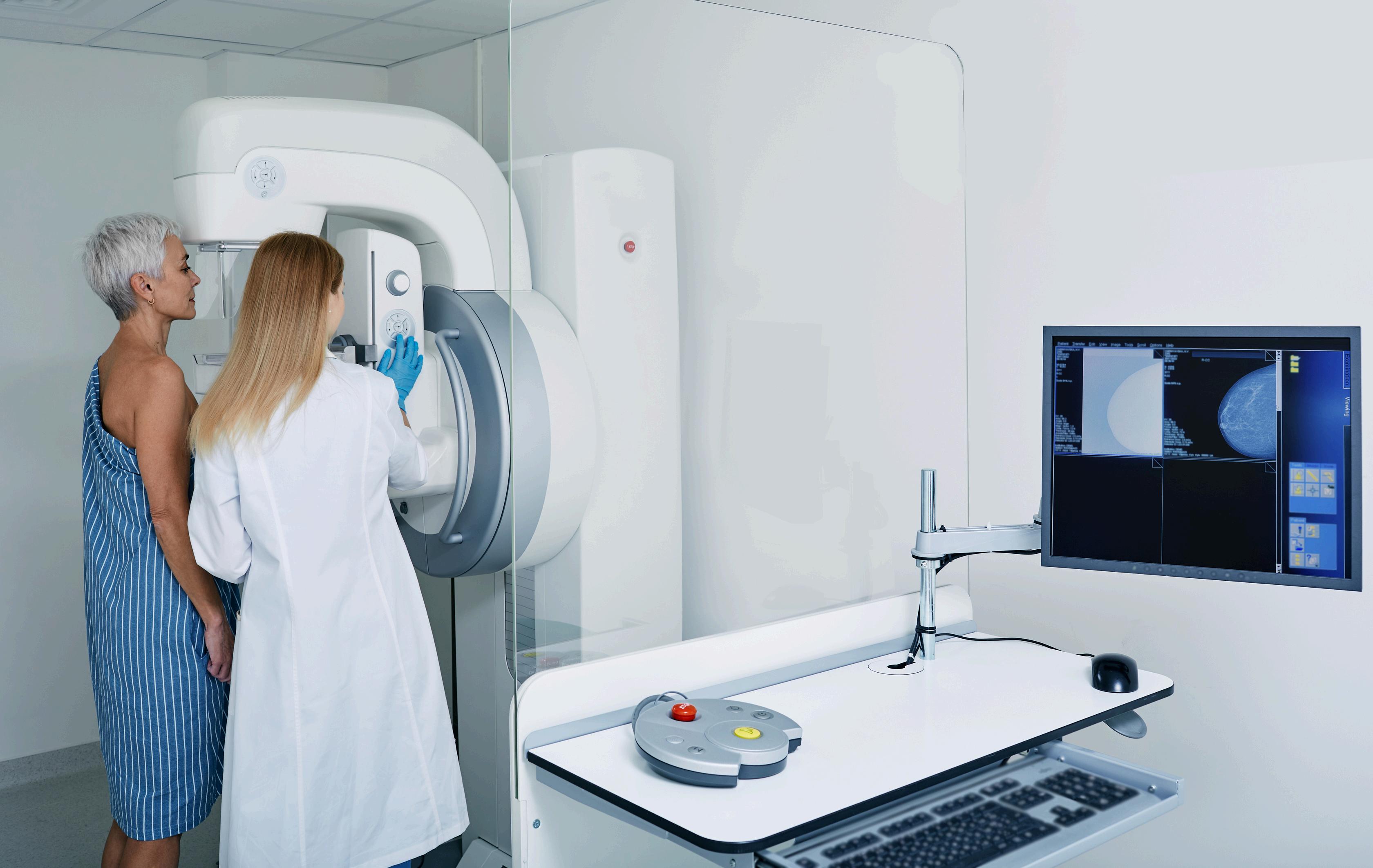
Mammograms get a bad rap, but did you know they only take a few minutes? And they’re well worth it because breast cancer affects 1 in 7 Australian women.
Covered by Medicare?

Hassle Rating 7/10
Why you shouldn’t put it off
5-year survival rates are 100% for stage 1 (early) breast cancer, 95% for stage 2, 81% for stage 3 and 32% for stage 4. Early detection can save your life!
Who needs it?
Women aged 50 to 74 receive a letter inviting them to participate in the program, but women 40 to 49 can also book a free mammogram online.
What is it?
Women aged 50 to 74 are invited for a free mammogram every 2 years through BreastScreen Australia. During a mammogram, each breast is pressed between two X-ray plates and pictures are taken While it can be a bit uncomfortable, it’s over before you know it
How often? Every 2 years.
Many clinics will now charge an additional fee over and above the Medicare rebate for mammograms so it’s worth shopping around for providers or enrolling in your state’s free breast screening program
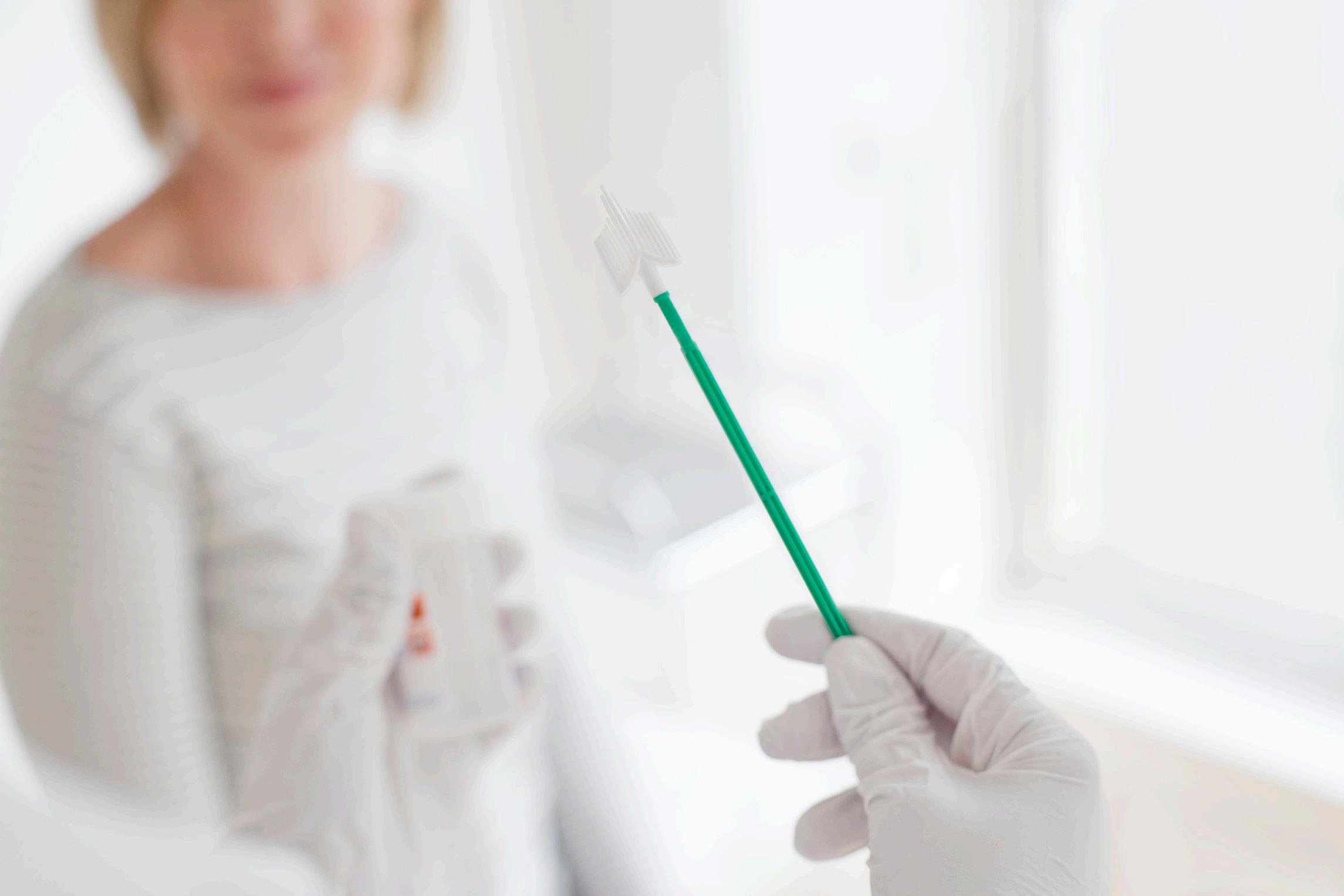
Since the National Cervical Screening Program launched in 1991, the number of cases of cervical cancer has plummeted. But early detection is still vital.
Covered by Medicare? Hassle Rating 7/10
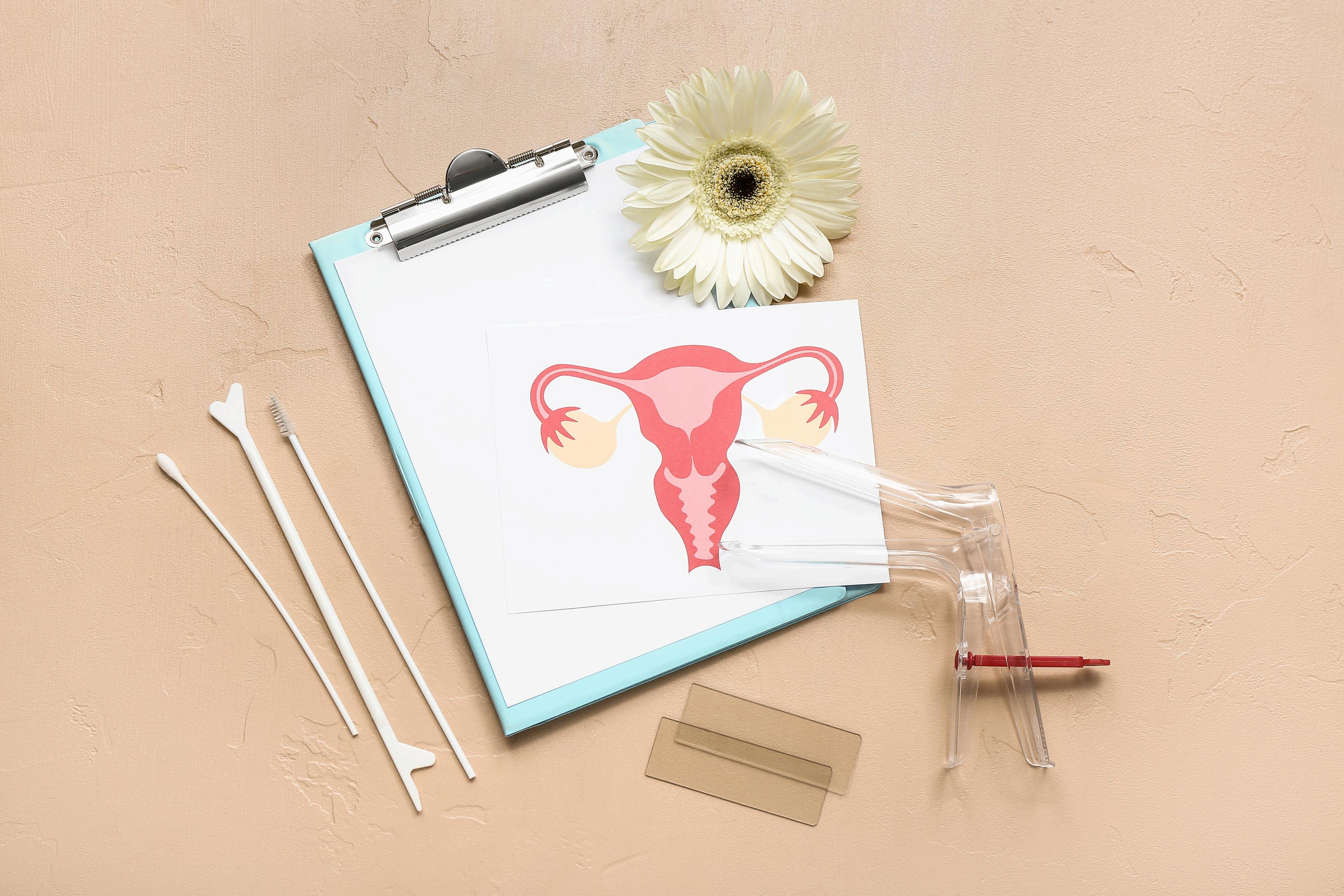
Why you shouldn’t put it off
It’s one of the most preventable cancers through regular screening tests
Who needs it?
Women and people with a cervix aged 25 to 74 who have had past sexual contact are eligible for the cervical screening test.
What is it?
The cervical screening test, which replaced the pap test in 2017, detects human papillomavirus (HPV) - a common cause of cervical cancer. The screening test is done at your doctor’s office. A doctor or nurse can collect a sample from your cervix using a swab or you can collect it yourself The sample is analysed in a lab and your results are sent to your GP and the National Cancer Screening Register. You’ll receive a letter when you ’ re next due for a screen.
The pap smear is becoming less frequent now that vaccination programs have been introduced, but that doesn’t mean you should avoid them.
How often?
Every 5 years if HPV isn’t detected If you do have the virus, your doctor will let you know when to get tested next.

Testicular cancer only affects 1 in 100 Australian men and 9 out of 10 cases can be cured, but detection is in your hands (pardon the pun).
Covered by Medicare? Hassle Rating 2/10
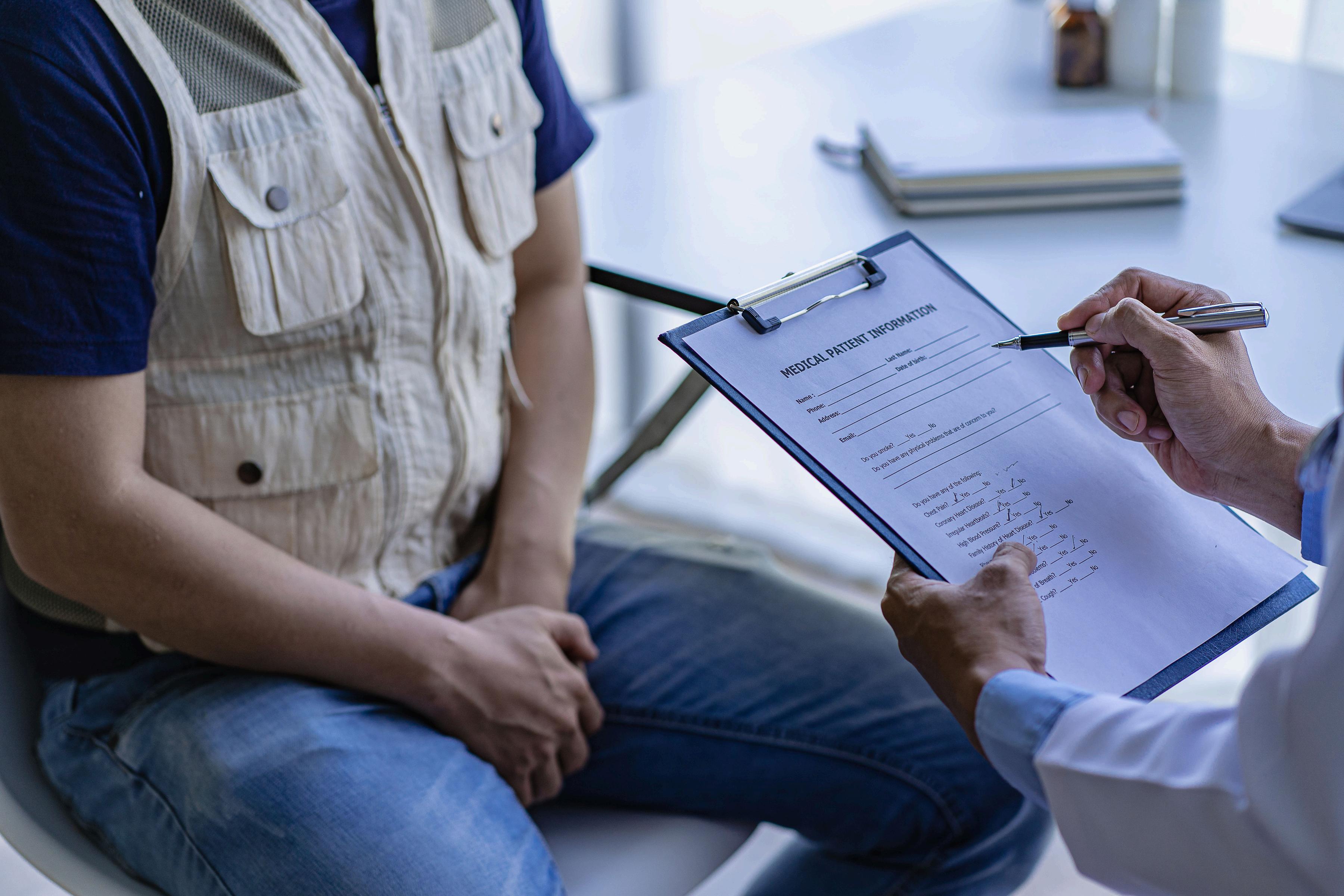
Why you shouldn’t put it off
Early detection improves outcomes
Who needs it?
All adult men should regularly check their testicles. Those who have undescended testicles, fertility problems or a family history of testicular cancer could be at higher risk.
Men should perform regular selfexaminations by gently rolling each testicle between their thumb and fingers to search for any lumps or swelling. If you notice any changes, make an appointment with your GP. They will examine you and may send you for further tests including a blood test, ultrasound, CT scan, MRI or biopsy.
How often?
In Australia, about 850 people are diagnosed with testicular cancer each year, accounting for around 1% of male cancers
There aren’t any official guidelines.
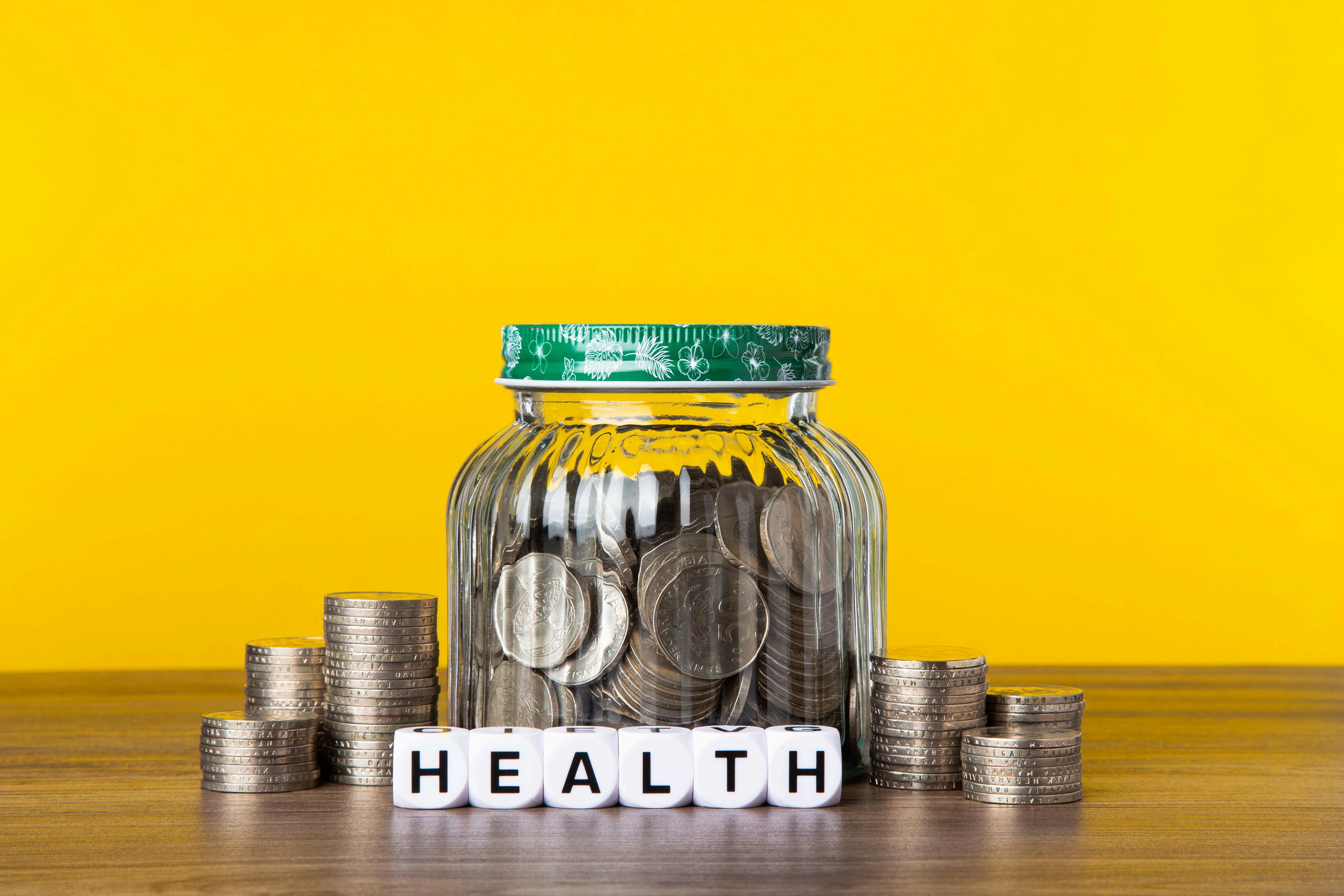
Just because Australia has Medicare doesn’t mean everything is free.
Sometimes co-payment is needed to help ease the burden of health costs on governments.
At Citro, we believe proactively taking charge of your health by paying to prevent disease is well worth the investment.
Private health insurance can also help ease the blow of expensive tests or screenings.

Not all health screenings are funded by our public health system but at Citro, we still believe they are vital to enhance your longevity (and wellbeing).
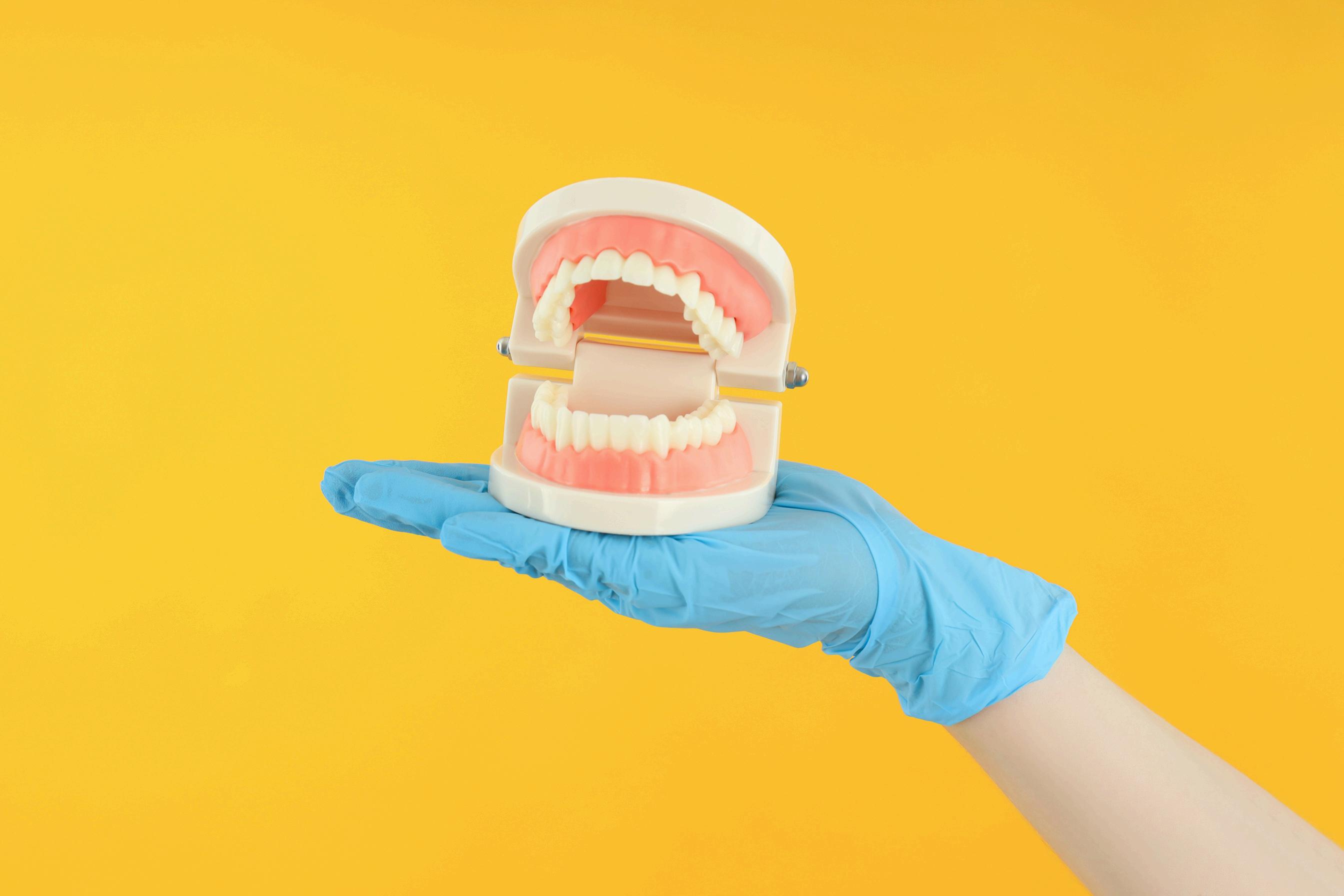
Regular dental checks mean you can keep flashing those pearly whites well into old age. Tooth decay and gum disease affect 58% of people aged 55 and can also impact your overall health – gum disease is associated with a higher risk of serious conditions like heart attack and stroke.

Covered by Medicare? Hassle Rating 8/10

Why you shouldn’t put it off
One word: dentures Treat and maintain your teeth so they last as long as you do
Who needs it?
All adults More than three-quarters of Australians say they have a dentist they usually see.
Your dentist will examine your teeth and gums, take X-rays to check for tooth decay, thoroughly clean your teeth and may offer preventative care such as fluoride or polishing. While public dental clinics where costs are covered by Medicare do exist, waiting lists are often very long Most dental check-ups happen in private clinics and aren’t covered by Medicare, though private health insurance can cover some of the cost.
Citro tip
Periodontal disease affects the tissues that both surround and support the teeth The disease is characterized by bleeding or swollen gums (gingivitis), pain and sometimes bad breath.
How often?
Every 6 to 12 months Your dentist will let you know if you need more frequent check-ups If you have private health insurance, there is often no charge if you use their recommended dental clinics.

Ahhh, the dreaded prostate exam. But for all the fuss we make about it, there isn’t a national screening program for prostate cancer because experts don’t recommend routine screening for healthy men aged 50 to 69 unless they have a family history.

Covered by Medicare? Hassle Rating 10/10

Why you shouldn’t put it off
Hopefully your GP says you can
Who needs it?
If you have a family history of prostate cancer or symptoms such as difficulty urinating, talk to your GP.
How often?
There aren’t any official guidelines.
Citro tip
One in 6 Australian men will be diagnosed with prostate cancer by the age of 85 - that’s the bad news. The good news is the growing evidence that putting more plant food on your plate might help prevent it
There are several different tests your doctor can perform A digital rectal examination involves inserting a gloved finger into your rectum to check your prostate manually. A prostate specific antigen (PSA) test is a blood test that measures levels of a protein that could indicate prostate cancer, but this test isn’t always accurate. An MRI scan can look for signs of cancer on your prostate, but a biopsy (a sample taken with a needle) is the only way to confirm a prostate cancer diagnosis While Medicare covers digital exams and PSA tests, you may have out-ofpocket costs for an MRI or biopsy.

With 44% of Australians experiencing a mental health condition at some point in their lives, there’s no shame in seeking psychological support.
Covered by Medicare?


Hassle Rating 5/10
Why you shouldn’t put it off
You deserve to be happy
Who needs it?
Anyone who is struggling with their mental health
How often?
As needed
tip
There are some conditions that mimic depression, so it’s always worth checking in with your GP if you are suffering symptoms like feeling tired, low or teary
Your GP can perform a free mental health assessment that involves a short questionnaire and discussing your symptoms. If the results of the assessment point to a condition such as depression or anxiety, your GP can write out a mental health treatment plan for you This will give you access to 6 sessions with a psychologist at a reduced rate. While Medicare will cover part of the psychologist’s fee, you ’ re likely to have out-of-pocket costs. When your 6 sessions are done, you can see your GP again to obtain more subsidised sessions for a maximum of 10 per calendar year.

The lollipop the nurse gives you after you ’ ve had your needles might not be as big a draw card as it once was, but you can prevent serious complications from many diseases by being immunised.
Under the National Immunisation Program (NIP) some vaccines are free for some Australians, especially those at increased risk of complications. Many you may need to pay for.
Talk to your doctor about whether you should get the following vaccinations or boosters.
The Australian Immunisation Register (AIR) is a national register of vaccines given to people, including privately, such as for flu or travel.
You can check your immunisation record on MyGov through Medicare
You can also use the Express Plus Medicare mobile app.
If you don’t have a MyGov account or a Medicare online account, you’ll need to set them up.

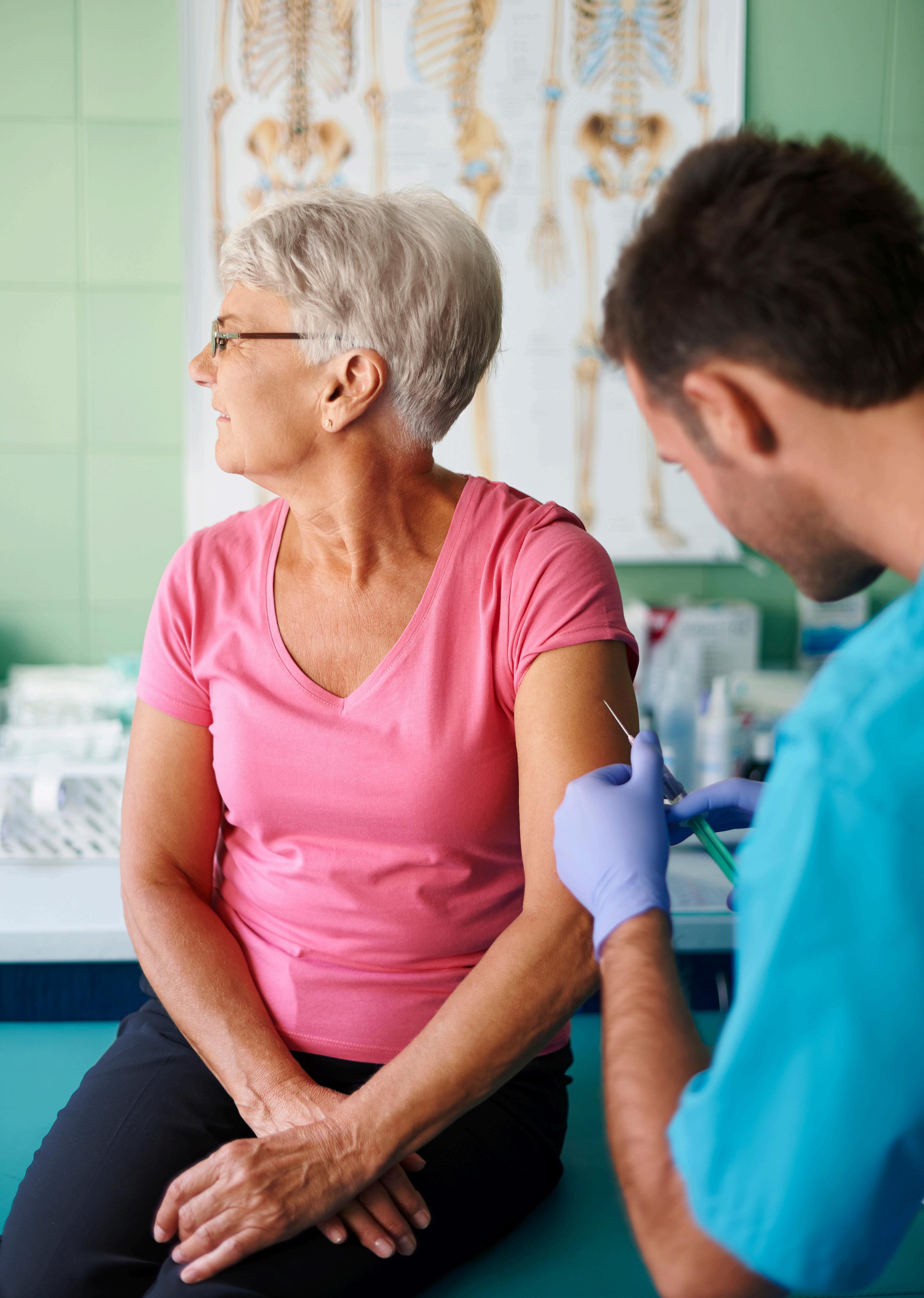
Vaccinations

The flu strains change every year, so the Australian Immunisation Handbook recommends getting an annual flu shot. It usually costs less than $30 from a pharmacy and some workplaces will subsidise the cost or give you a vaccination for free.
Covered by Medicare?


Who gets it free in their 50s?
Aboriginal and Torres Strait Islander people and people with specific medical conditions.
Who needs it?
All adults
How often?
Once a year.
Citro tip
Flu can be a killer and in past years women have had a slightly higher rate of influenza deaths than men
What is it?
Influenza vaccines come as a single vaccine that covers several strains of the flu virus It is given as a needle, usually in the upper arm. It is important to get the right vaccine for your age. Your GP can tell you which vaccine they will use For example, a cellbased vaccine, Flucelvax Quad, is now available for people aged 5 to 64 years who have certain medical conditions that put them at greater risk of complications from influenza.

While it might feel like the pandemic is behind us, Covid-19 can still cause severe illness and even death in older people and those with certain medical conditions. Vaccination may not prevent you catching Covid-19, but it will make the disease less severe if you do get it.
Covered by Medicare?

Who gets it free in their 50s?
Everyone.
Who needs it?
All adults and children.
How often?
It’s complicated so talk to your doctor
Citro tip
There’s some evidence Covid-19 vaccination may reduce the risk of heart attacks
What is it?
Healthy adults should receive 2 doses for their primary course vaccination and people who are severely immunocompromised should get 3 doses.
After that, booster doses are recommended for people with medical conditions that put them at risk of severe illness from Covid-19.
Talk to your GP about whether a booster is right for you. It’s also important to discuss whether you ’ re eligible for antiviral treatments if you do contract Covid-19
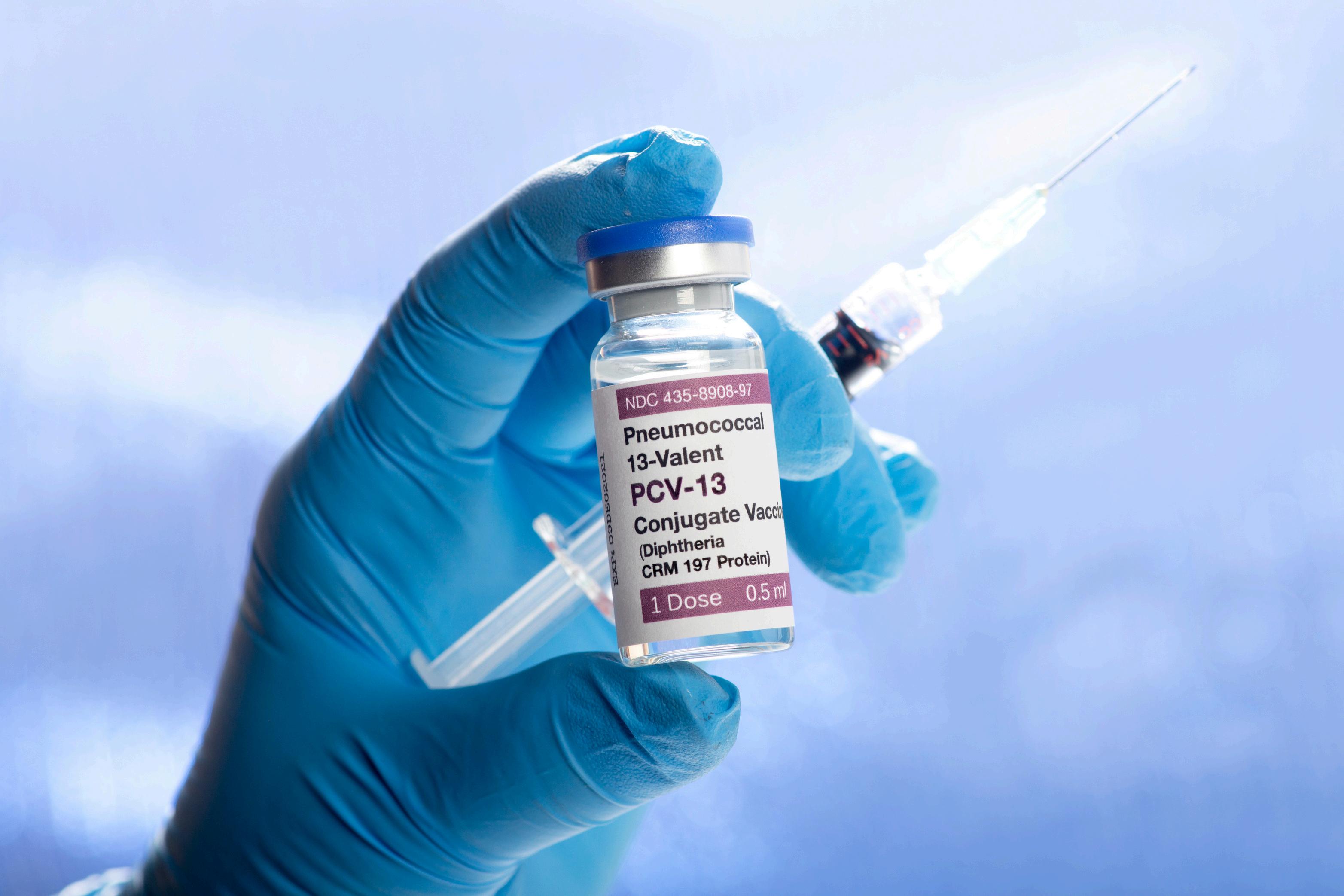
Pneumococcal disease is a bacterial infection that can cause everything from a mild ear infection to pneumonia and meningitis. Most people don’t need to be vaccinated, but people with chronic conditions may.
Covered by Medicare?
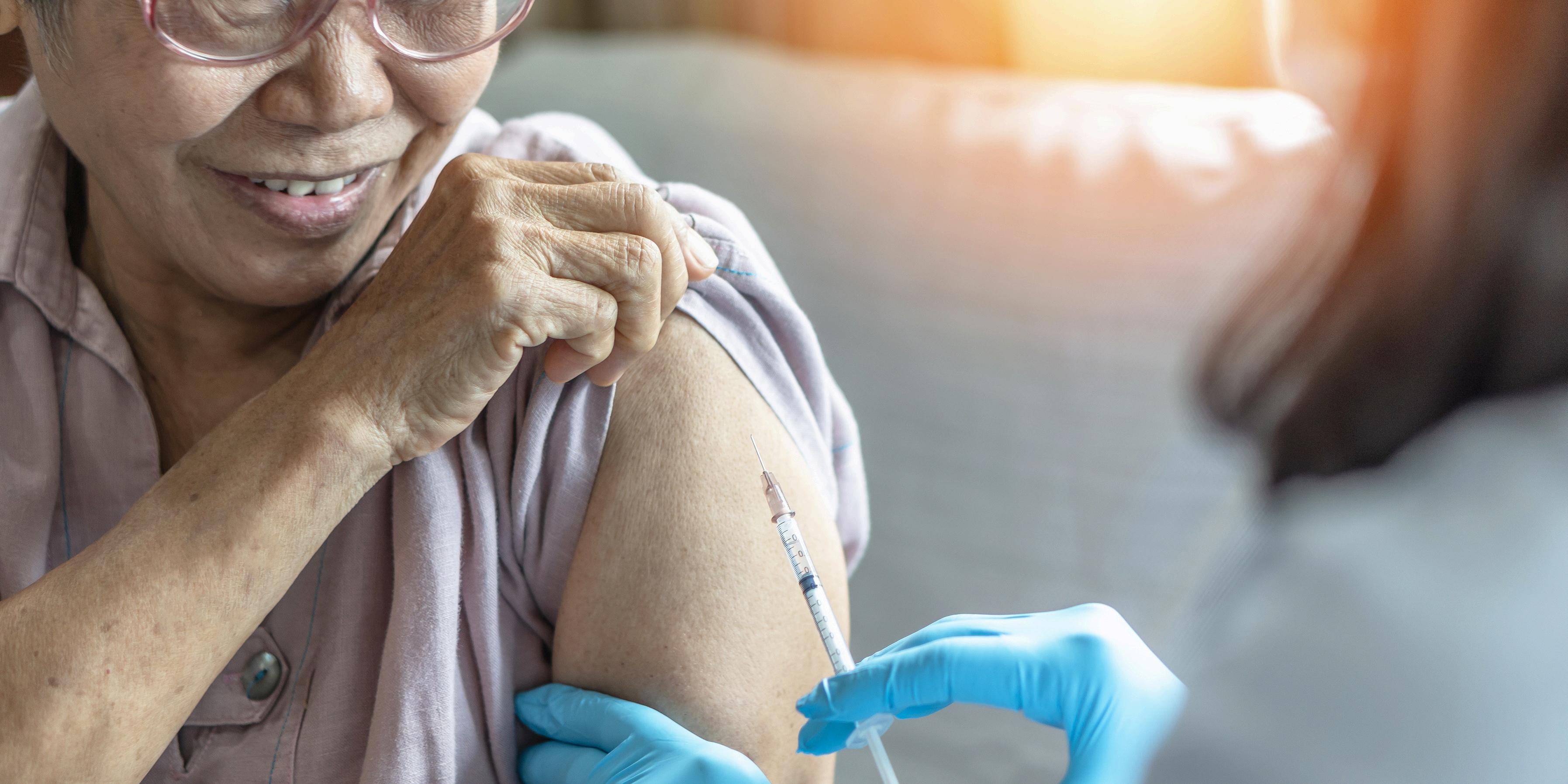

Who gets it free in their 50s?
Only groups it’s recommended for.
Who is it recommended for?
People with specific medical conditions and Aboriginal and Torres Strait Islander people.
How often?
The dosage schedule varies depending on age and medical conditions, so ask your GP
Citro tip
GPs say the highest risk of invasive disease is in those who are immunocompromised or have asplenia, a cerebrospinal fluid leak or cochlear implants
What is it?
Pneumococcal disease - sometimes called invasive pneumococcal disease - is a bacterial infection caused by streptococcus pneumoniae, and is associated with infections like septicemia and other nasties.
Most people carry pneumococcus in their nose and throat, where the bacteria do not cause any symptoms.
Sometimes the bacteria grow and spread to other parts of the body and that’s when people can become very sick

Also known as herpes zoster, shingles happens when the chickenpox virus is reactivated. It causes a painful rash with blisters.
Covered by Medicare?
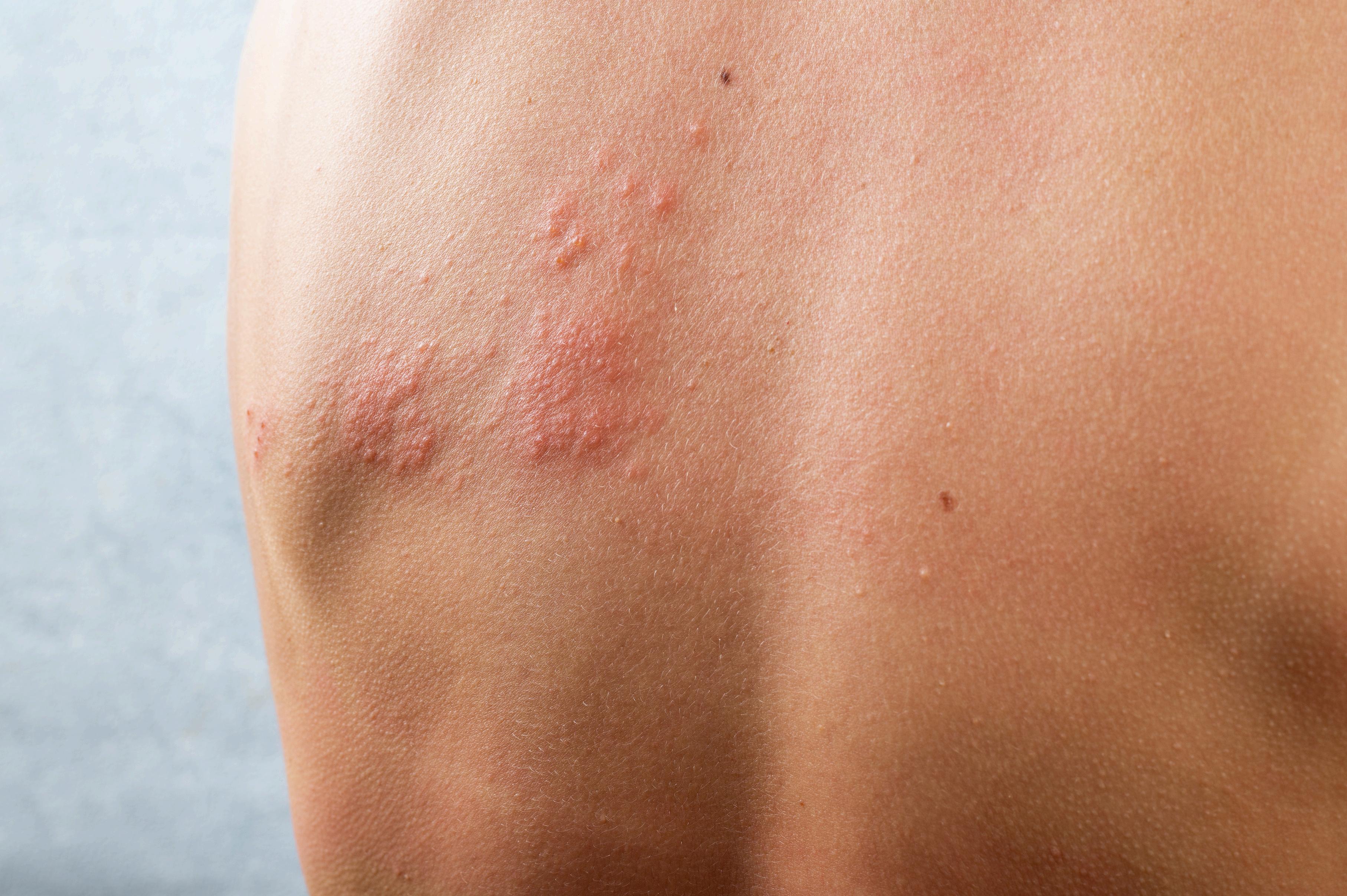

Who gets it free in their 50s?
Immunocompromised people with certain medical conditions and Aboriginal and Torres Strait Islander people
Who is it recommended for?
Everyone aged 50 and over
How often?
2 doses given 2 to 6 months apart in healthy people or 1 to 2 months apart in immunocompromised people.
Citro tip
Around 1 in 3 Australians will experience shingles and for 20% of those people, something called post herpetic neuralgia (PHN) leaves them with nerve pain
What is it?
Shingles is more likely to affect Australians over the age of 50 who have previously had chickenpox.
The chickenpox virus lurks in the system and reactivates as shingles
The Australasian College of Dermatologists says the virus can lie dormant in nerve cells and may be reactivated by stress, illness, immunosuppression, older age, trauma, radiotherapy and contact with another person with varicella or herpes zoster
A person with shingles may experience burning pain, stinging, itching or a change in sensation in affected skin The person may also have a fever and feel unwell

You should always check the Smart Traveller website and chat with your doctor to find out the best vaccinations for any destinations you plan to visit.
Travel insurance is a good back-up if you do get ill when you ’ re awaybut prevention is better than cure.
Covered by Medicare?
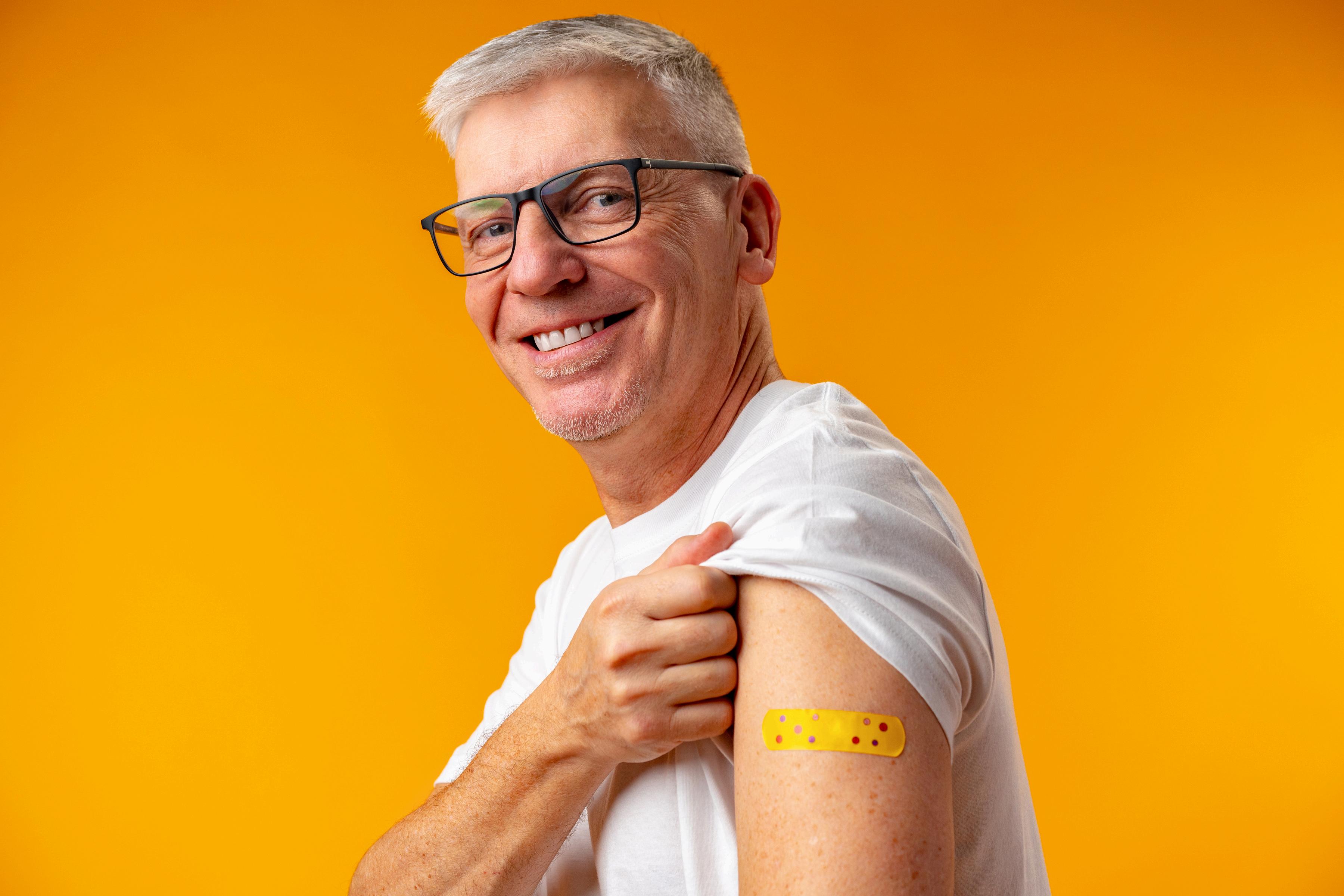

Who gets it free in their 50s?
No-one - but it’s worth doing, especially if you travel to places with low vaccination rates
Who is it recommended for?
Everyone who travels should check the Smart Traveller recommendations
How often?
Visit your doctor 6 to 12 weeks before you travel, so you can have any vaccines you might need.
Citro tip
Common vaccinations to top up for international travel include hepatitis, cholera, typhoid, tuberculosis, measles, tetanus and rabies
Travel vaccinations can reduce the chance of getting sick when you travel overseas
Most of us know not to drink the water, but more of us should prepare in advance with the right travel vaccinations
In addition to vaccinating against preventable disease, always avoid mosquitoes and the myriad of vector-borne diseases that exist around the globe. And check up on yellow fever vaccination requirements if travelling to Africa, the Caribbean, Central or South America.
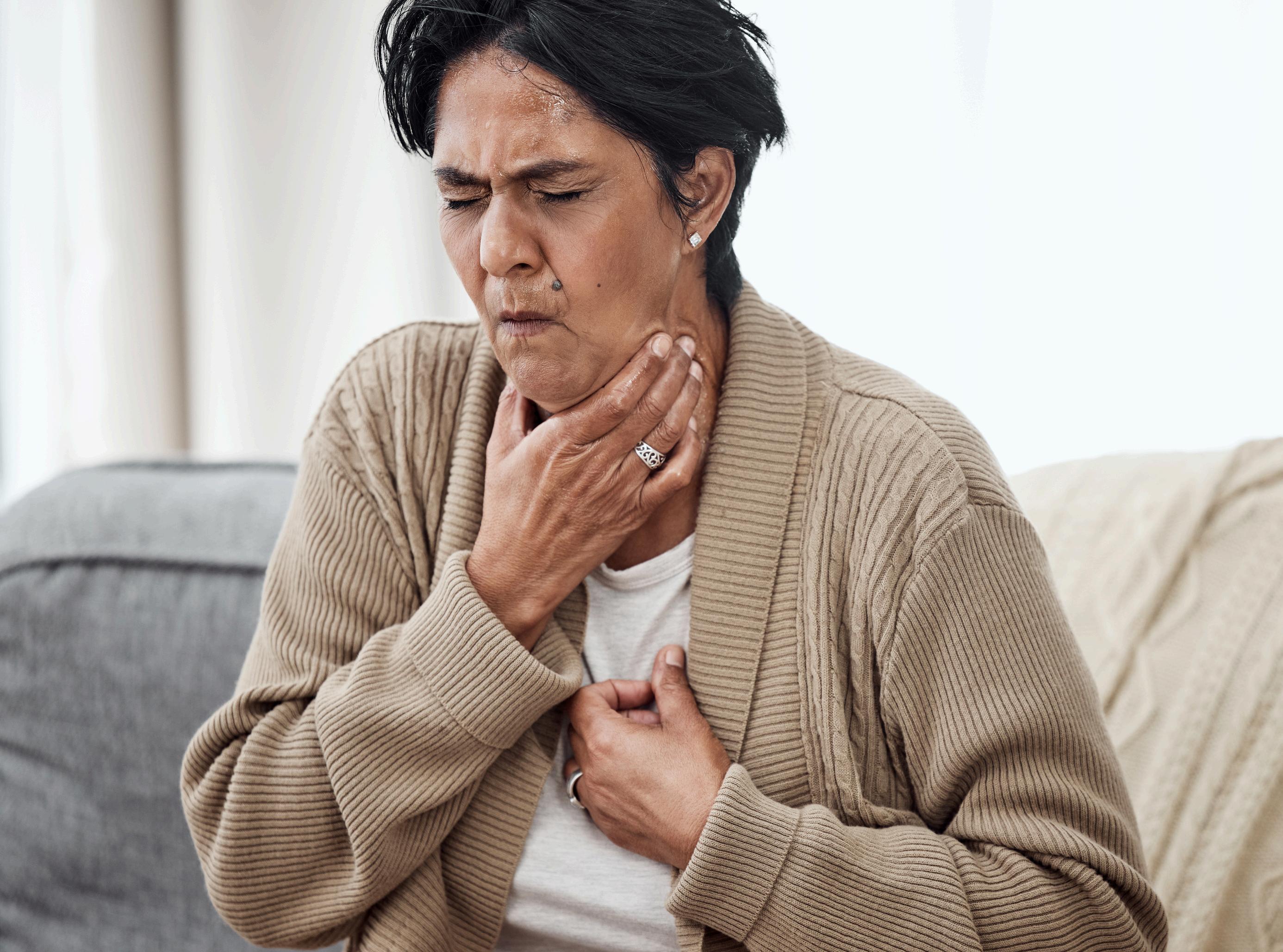
We all know pertussis (the scientific name for whooping cough) is bad for babies, but it’s also problematic for people over 50. The cough can last for up to 3 months and cause vomiting, fainting and even broken ribs or urinary incontinence. A booster can prevent all these problems.
Covered by Medicare?


Who gets it free in their 50s?
No-one.
Who is it recommended for?
Anyone who will be around a young baby, including grandparents, should get a booster
How often?
Every 10 years.
Citro tip
Whooping cough is a bacterial infection that spreads from one person to another and causes severe bouts of coughing.
What is it?
Whooping cough can lead to pneumonia, brain damage and even death
It’s especially dangerous for babies under six months old but also any grandparents whose booster protection has run out
Whooping cough’s most well-known symptom is the ‘whoop’ sound. Taking a quick breath between bouts of coughing causes this sound, though not everyone who has whooping cough will experience it